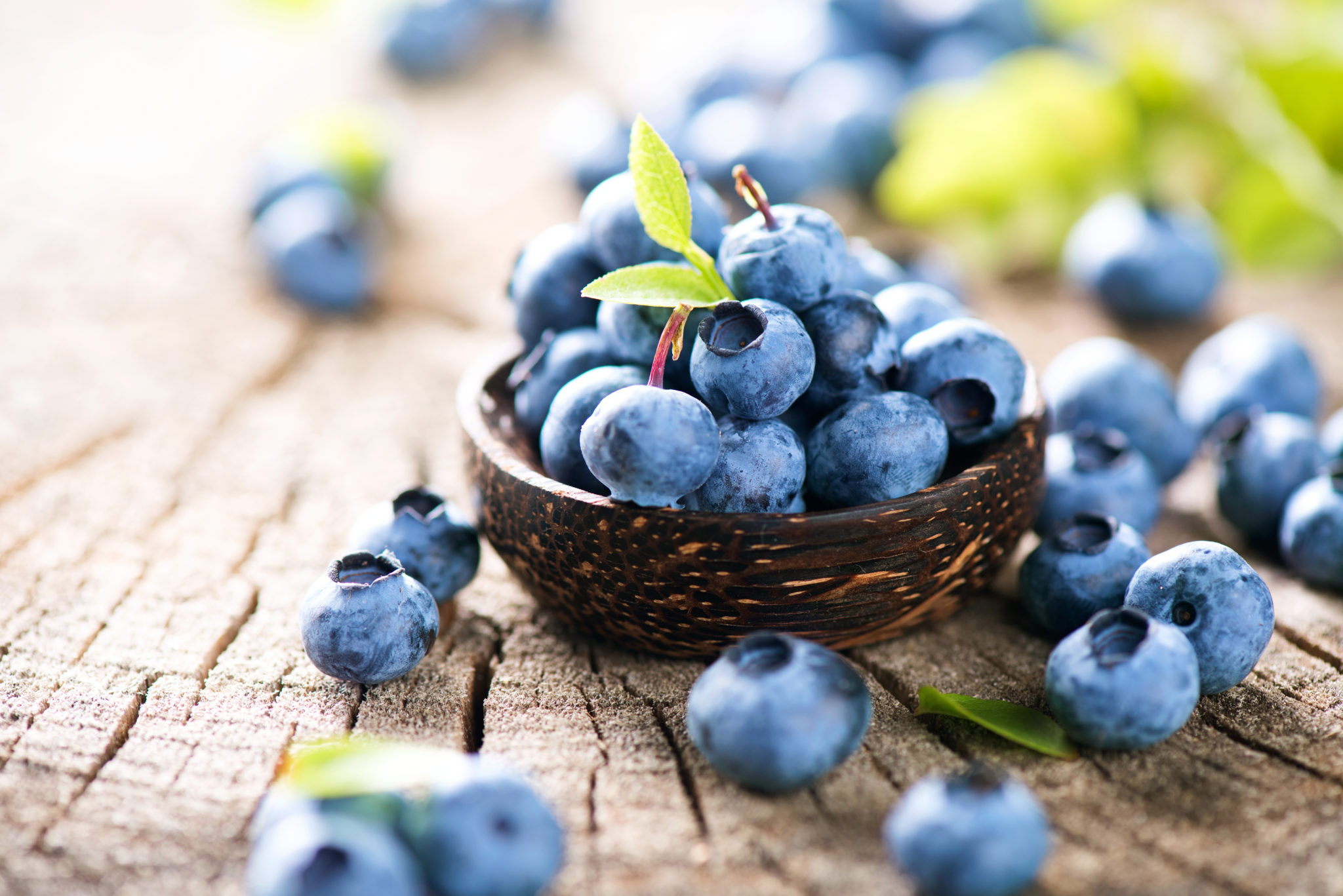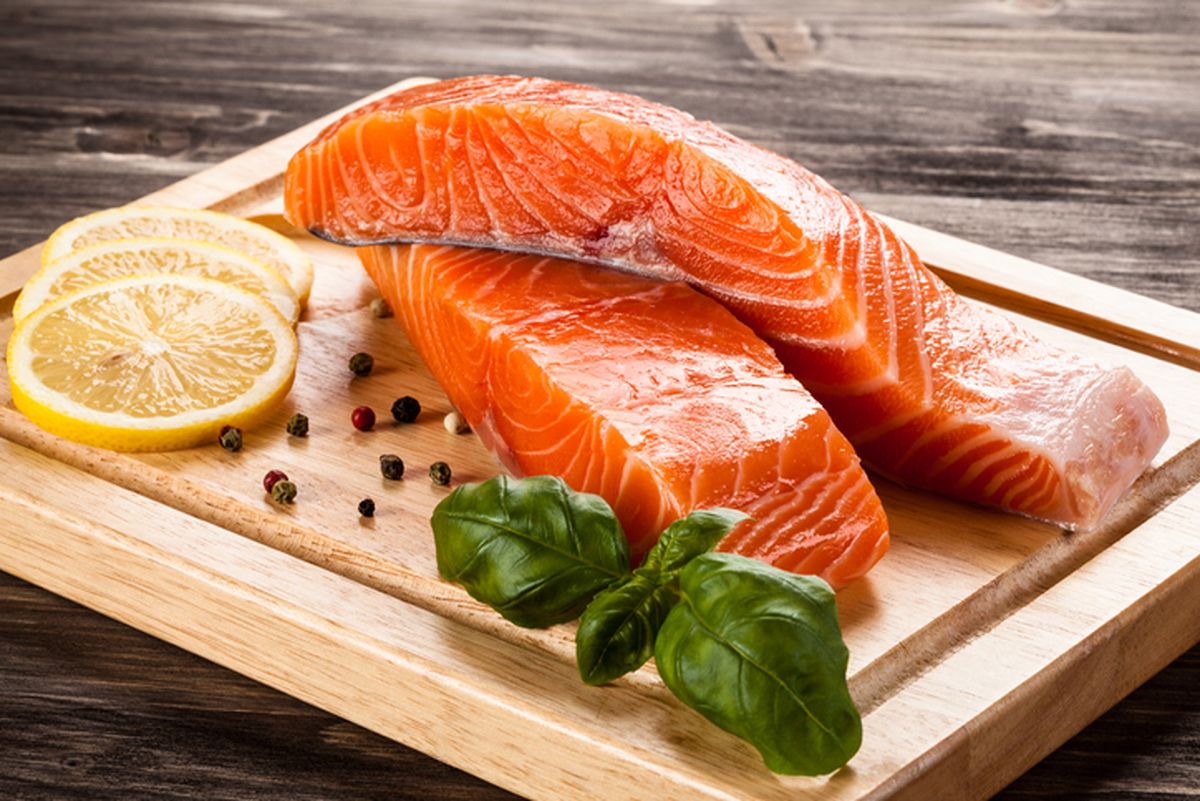Discover the top superfoods that can help improve your overall health and wellbeing, and how to easily incorporate them into your meals. Are you looking for a way to boost your health and get more nutrients in your diet? Superfoods are a great way to do just that! Superfoods are nutrient-dense foods that are packed with vitamins, minerals, and antioxidants that can help improve your health and wellbeing. In this article, we’ll discuss 10 superfoods that you should consider adding to your diet.
What are Superfoods?
Superfoods are foods that are exceptionally nutrient-dense, meaning they contain a high amount of essential vitamins, minerals, and antioxidants. They are often whole, unprocessed foods that are naturally rich in nutrients. Superfoods can help support a healthy immune system, reduce inflammation, and provide energy and vitality to the body.
Benefits of Superfoods
Incorporating superfoods into your diet can provide numerous benefits, such as:
- Improved immune function
- Increased energy levels
- Reduced inflammation
- Lowered risk of chronic diseases
- Improved heart health
- Improved digestion
- Better brain function
Top 10 Superfoods to Boost Your Health
Here are 10 superfoods that you should consider adding to your diet:
1. Blueberries

Blueberries are a delicious and nutritious fruit that are packed with vitamins, antioxidants, and fiber. Here are some of the health benefits of blueberries:
- High in antioxidants: Blueberries are one of the richest sources of antioxidants among all fruits and vegetables. Antioxidants help to protect your body against damage from free radicals, which can contribute to aging and disease.
- May improve brain function: Studies have shown that consuming blueberries may improve brain function, including memory and cognitive performance. This may be due to the high levels of flavonoids in blueberries, which have been shown to improve blood flow to the brain.
- May lower the risk of heart disease: Blueberries contain compounds called anthocyanins, which have been shown to lower blood pressure and improve cholesterol levels, both of which can reduce the risk of heart disease.
- May help with weight management: Blueberries are low in calories and high in fiber, which can help you feel full and satisfied after eating. This may make it easier to manage your weight and prevent overeating.
- May improve insulin sensitivity: Some studies have suggested that consuming blueberries may improve insulin sensitivity, which can help to lower the risk of type 2 diabetes.
Blueberries are rich in antioxidants and vitamin C, which can help protect the body from oxidative stress and support a healthy immune system. They are also high in fiber, which can aid in digestion and promote feelings of fullness.
2. Kale
Kale is a leafy green vegetable that is a member of the Brassica family, which includes other nutritious vegetables such as broccoli, cauliflower, and Brussels sprouts. Here are some of the health benefits of kale:
- Nutrient-dense: Kale is packed with nutrients, including vitamins A, C, and K, as well as calcium, potassium, and iron. It also contains antioxidants such as flavonoids and carotenoids, which help to protect your cells against damage from free radicals.
- Low in calories: Kale is very low in calories, making it a great choice for those who are trying to lose weight or maintain a healthy weight. One cup of chopped kale contains only about 33 calories.
- High in fiber: Kale is an excellent source of fiber, which is important for digestive health and can help to lower cholesterol levels.
- May reduce the risk of cancer: Some studies have suggested that consuming kale may help to reduce the risk of certain types of cancer, such as breast, colon, and lung cancer. This may be due to the high levels of antioxidants in kale.
- May improve bone health: Kale is a good source of vitamin K, which is important for bone health. Consuming adequate amounts of vitamin K has been shown to reduce the risk of fractures and improve bone density.
Kale is a versatile vegetable that can be enjoyed in a variety of ways, including in salads, smoothies, soups, and stir-fries. It can also be roasted or sautéed as a side dish.
Kale is a cruciferous vegetable that is packed with vitamins A, C, and K. It is also rich in antioxidants and contains anti-inflammatory properties that can help protect against chronic diseases like cancer and heart disease.
3. Salmon

Salmon is an excellent source of protein and omega-3 fatty acids, which can help support heart health and improve brain function. It is also rich in vitamin D, which is important for bone health and immune function.
Salmon is a nutritious and delicious fish that is rich in omega-3 fatty acids, protein, and other important nutrients. Here are some of the health benefits of salmon:
- Heart-healthy: Salmon is a great source of omega-3 fatty acids, which have been shown to reduce inflammation, lower blood pressure, and decrease the risk of heart disease.
- High in protein: Salmon is a high-quality protein source that is essential for building and repairing tissues in the body.
- Rich in vitamins and minerals: Salmon is a good source of B vitamins, including vitamin B12 and niacin, which are important for energy production and brain health. It is also a good source of minerals such as selenium, potassium, and phosphorus.
- May reduce the risk of depression: Omega-3 fatty acids in salmon may help to reduce the risk of depression and improve mood.
- May improve brain function: Some studies have suggested that consuming omega-3 fatty acids, such as those found in salmon, may improve brain function and reduce the risk of cognitive decline in older adults.
- May reduce inflammation: Salmon contains compounds called bioactive peptides, which have been shown to have anti-inflammatory effects.
Salmon can be prepared in a variety of ways, including grilling, baking, or pan-searing. It can be enjoyed as a main dish, added to salads or pasta dishes, or used to make salmon burgers or patties. When selecting salmon, try to choose wild-caught salmon over farmed salmon, as it tends to be lower in contaminants and higher in omega-3 fatty acids.
4. Avocado
Avocado is a healthy fat that is rich in vitamins C, K, and E. It is also high in fiber, which can help support digestive health and promote feelings of fullness.
5. Quinoa
Quinoa is a gluten-free grain that is rich in protein, fiber, and essential minerals like magnesium, potassium, and zinc. It can help promote feelings of fullness and support healthy digestion.
6. Chia Seeds
Chia seeds are rich in omega-3 fatty acids, fiber, and antioxidants. They can help support heart health, improve digestion, and promote healthy skin.
7. Almonds
Almonds are a great source of healthy fats, protein, and fiber. They are also rich in vitamin E, which can help protect against oxidative stress and support skin health.
8. Sweet Potatoes
Sweet potatoes are a great source of fiber, vitamins A and C, and potassium. They can help support healthy digestion, improve immune function, and promote feelings of fullness.
9. Turmeric
Turmeric is a spice that contains a powerful anti-inflammatory compound called curcumin. It can help reduce inflammation in the body and protect against chronic diseases like cancer and heart disease.
10. Greek Yogurt
Greek yogurt is a great
